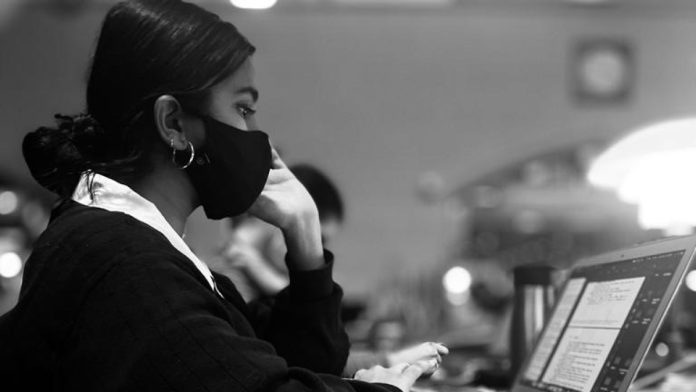Excitement filled seven-year-old Mariam as her mother dressed her in her favorite powder pink frock, complete with two pigtails held by butterfly clips. She was told they were going to a surprise birthday party for her cousin.
To Mariam’s surprise, her aunt led her to a rundown building with peeling walls and a cold metal table inside.
An old woman with curly hair whispered reassurances Mariam didn’t understand, then proceeded to restrain her on the table. The pain that followed was sharp, searing, and unforgettable, dividing her life into a “before” and “after” and shattering her trust in her mother.
Now 27 years old, Mariam, a survivor of female genital mutilation (FGM), still carries the scars from that traumatic day. She describes feeling like something is missing inside her, leading to emotional and sexual deficiencies.
Mariam belongs to the Dawoodi Bohra sect in Pakistan, where FGM is a common practice among women. Despite its prevalence, the practice remains largely undisclosed due to a culture of silence, with no comprehensive data on the extent of FGM in the country.
Women who speak out against FGM risk excommunication from the community, creating a climate of fear and silence around the harmful practice.
Resistance to an enduring practice
For 26-year-old Aaliya, the memory of the painful FGM process lingers as a cruel reality, filled with fear and betrayal.
Globally, efforts to end FGM have gained momentum, yet the Dawoodi Bohra community continues to uphold the practice. Despite the harmful effects of FGM on women’s health, community leaders justify it as a necessary ritual.
Healthcare professionals emphasize the dangers of FGM, highlighting its impact on sexual health and well-being. Yet, without legal intervention and community engagement, the practice persists unchecked.
Breaking cultural barriers is crucial in addressing FGM, as survivor testimonies shed light on the lasting trauma and harm inflicted on women. With no specific laws criminalizing FGM in Pakistan, advocacy and education are essential in challenging this harmful practice.
Breaking cultural barriers
Amid widespread gender-based violence in Pakistan, FGM exacerbates the challenges faced by female victims. Despite international efforts to end FGM, the Dawoodi Bohra community continues to adhere to the practice, citing religious and spiritual significance.
Collaborative efforts between healthcare professionals, government agencies, and community leaders are crucial in eradicating FGM and providing support to survivors. Sensitivity and cultural understanding are essential in engaging communities to address the harmful effects of FGM.
Survivors like Mariam and Aaliya emphasize the need for community dialogue and empowerment to end the practice of FGM. Their stories serve as a reminder of the urgency to break the cycle of silence and reclaim agency over their bodies.
*Names of the survivors have been changed to protect their identities.




